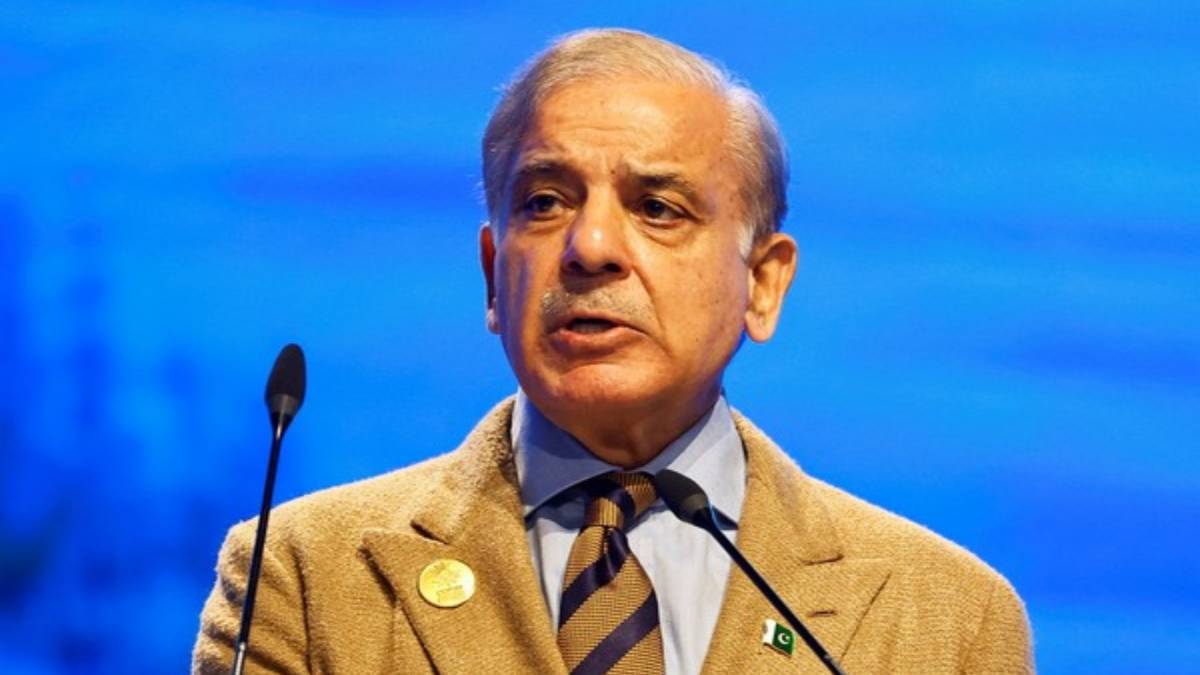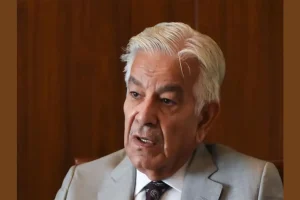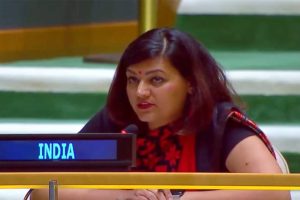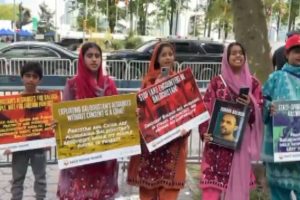In a move seen as a diplomatic pivot amid increasing global isolation over terrorism, Pakistan Prime Minister Shehbaz Sharif has called on former US President Donald Trump to help facilitate a peace dialogue with India.
Speaking at an event hosted by the US Embassy in Islamabad, Sharif praised Trump for his past efforts in de-escalating Indo-Pak tensions and urged the US to play a more active role in arranging comprehensive talks between the two nuclear-armed neighbours. The appeal echoed recent remarks by former Pakistani foreign minister Bilawal Bhutto Zardari, who credited Trump for allegedly helping secure a ceasefire between the nations.
“On ten different occasions, he (Trump) has taken credit for facilitating the ceasefire—and rightly so,” Bhutto stated. “It would be reasonable to expect that American involvement in brokering further dialogue would also prove beneficial.”
However, India has firmly denied any third-party role—especially Trump’s—in the 2021 ceasefire agreement with Pakistan. The country continues to maintain that bilateral issues must be resolved without external mediation and only in an atmosphere free of violence.
Congress MP Shashi Tharoor, who is leading the Indian all-party parliamentary delegation to the US, reiterated this stance. “There will be no talks with a gun pointed at our head,” Tharoor said during a press interaction in Washington, DC. Drawing a vivid metaphor, he added, “If your neighbour unleashes his Rottweilers to bite your children, and then says, ‘let’s talk’—do you think you’ll negotiate until he locks them up or puts them to sleep?”
Tharoor also pushed back against Pakistan’s narrative of being equally a victim of terrorism. “Pakistan says it’s also a victim of terror. But whose fault is that?” he asked, referencing former US Secretary of State Hillary Clinton’s warning: “You can’t keep snakes in your backyard and expect them only to bite your neighbours.”
BJP MP Tejasvi Surya joined in the critique, taking aim at Pakistan’s self-described “peace delegation.” “It’s like the Devil quoting scripture,” he remarked. “They are promoting failed generals as field marshals and parading themselves as peace seekers while arming themselves with cheap Chinese weapons that failed on the battlefield.”
The Indian delegation’s robust defense of its anti-terror operations found strong bipartisan resonance in Washington. US House Foreign Affairs Committee Chairman Brian Mast, in a separate statement, voiced clear support for India’s right to respond to terrorism.
“When you are attacked, you have no choice but to respond. The world understands that,” Mast said. “We condemned the terrorist attacks in Jammu and Kashmir. There is no space in this world for such acts, and our partnership with India will only grow stronger.”
As Pakistan appeals to past US leadership for support, India’s position on terrorism continues to gain traction in Washington’s corridors of power—underscoring a shifting diplomatic tide in South Asia.





